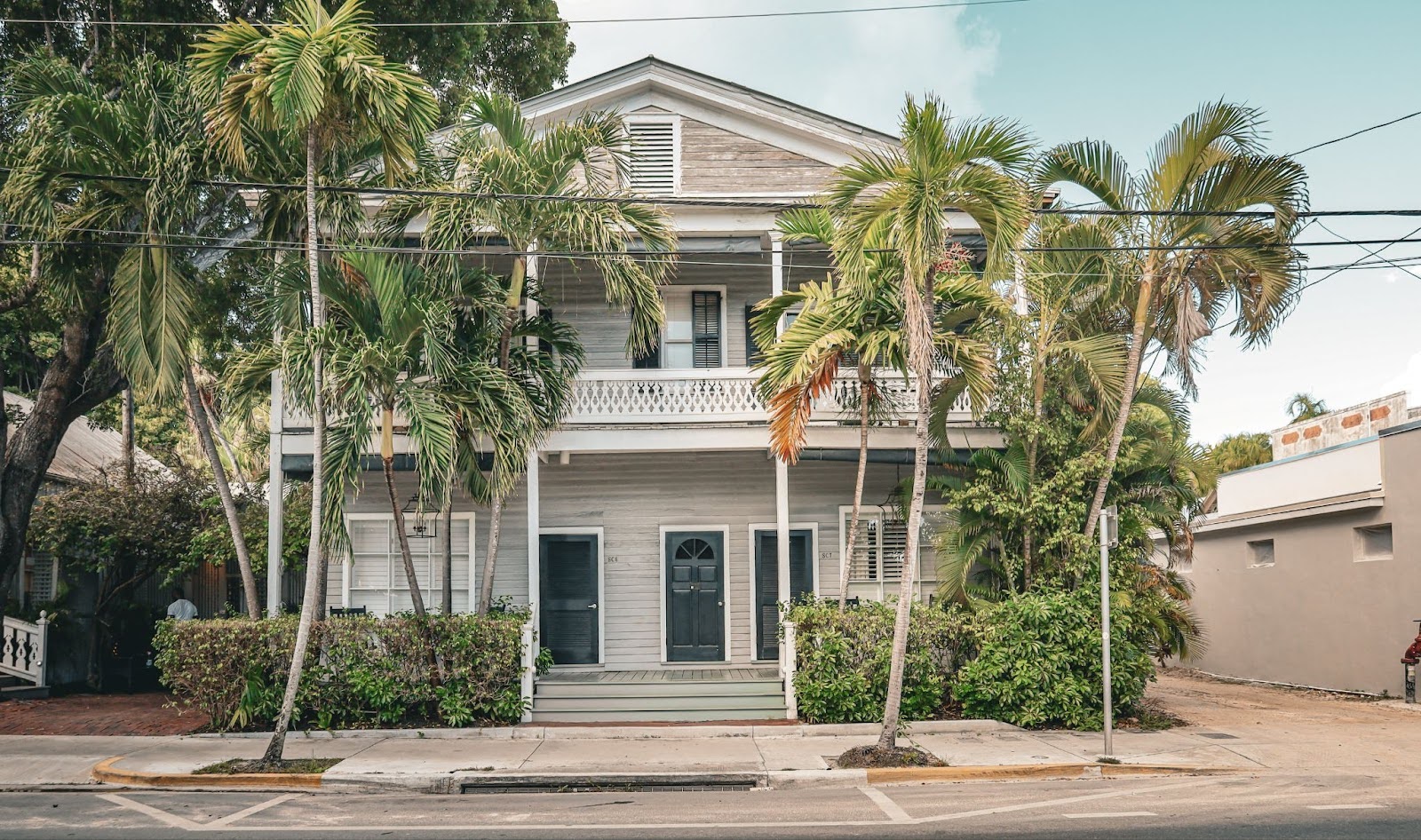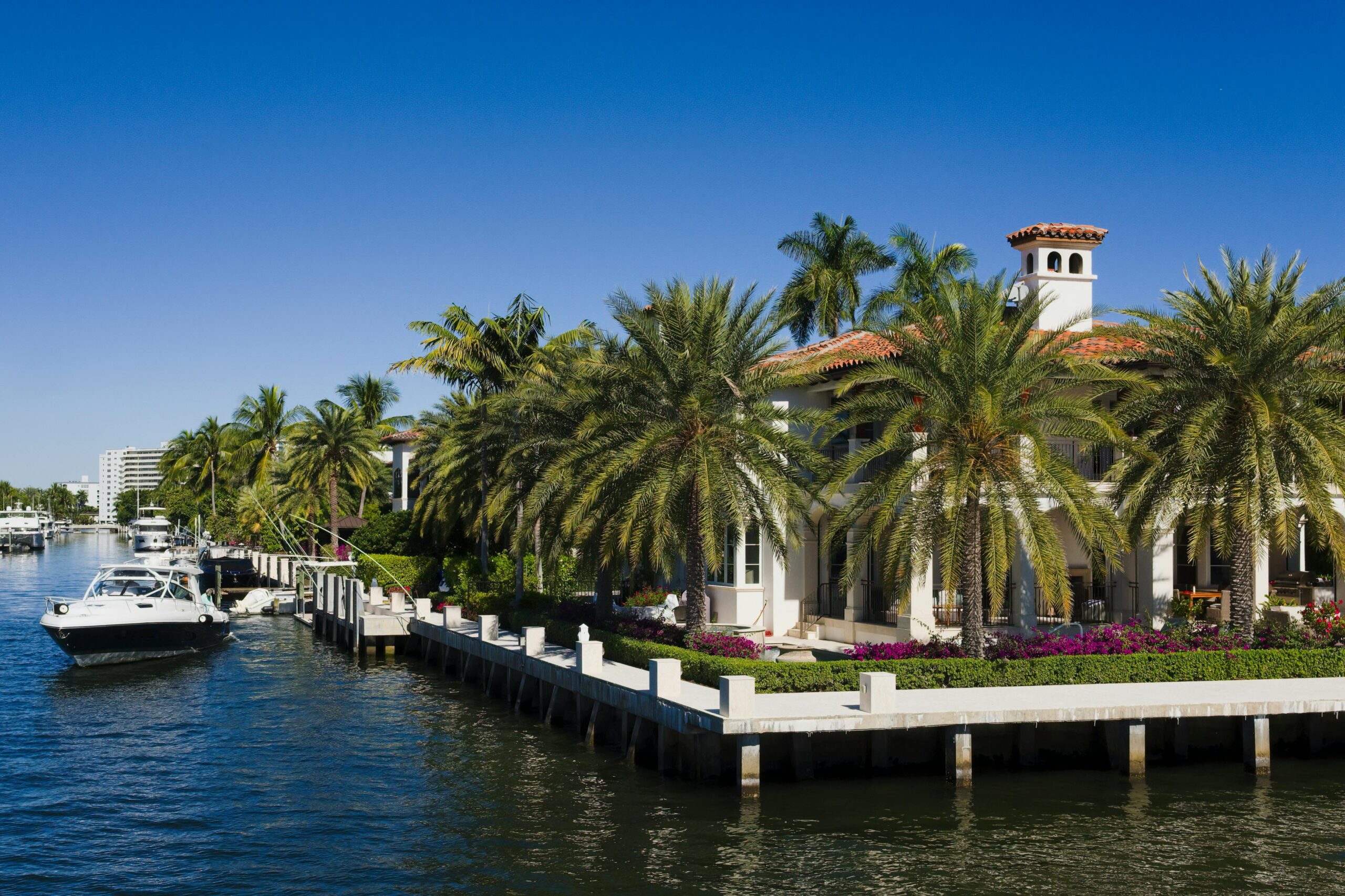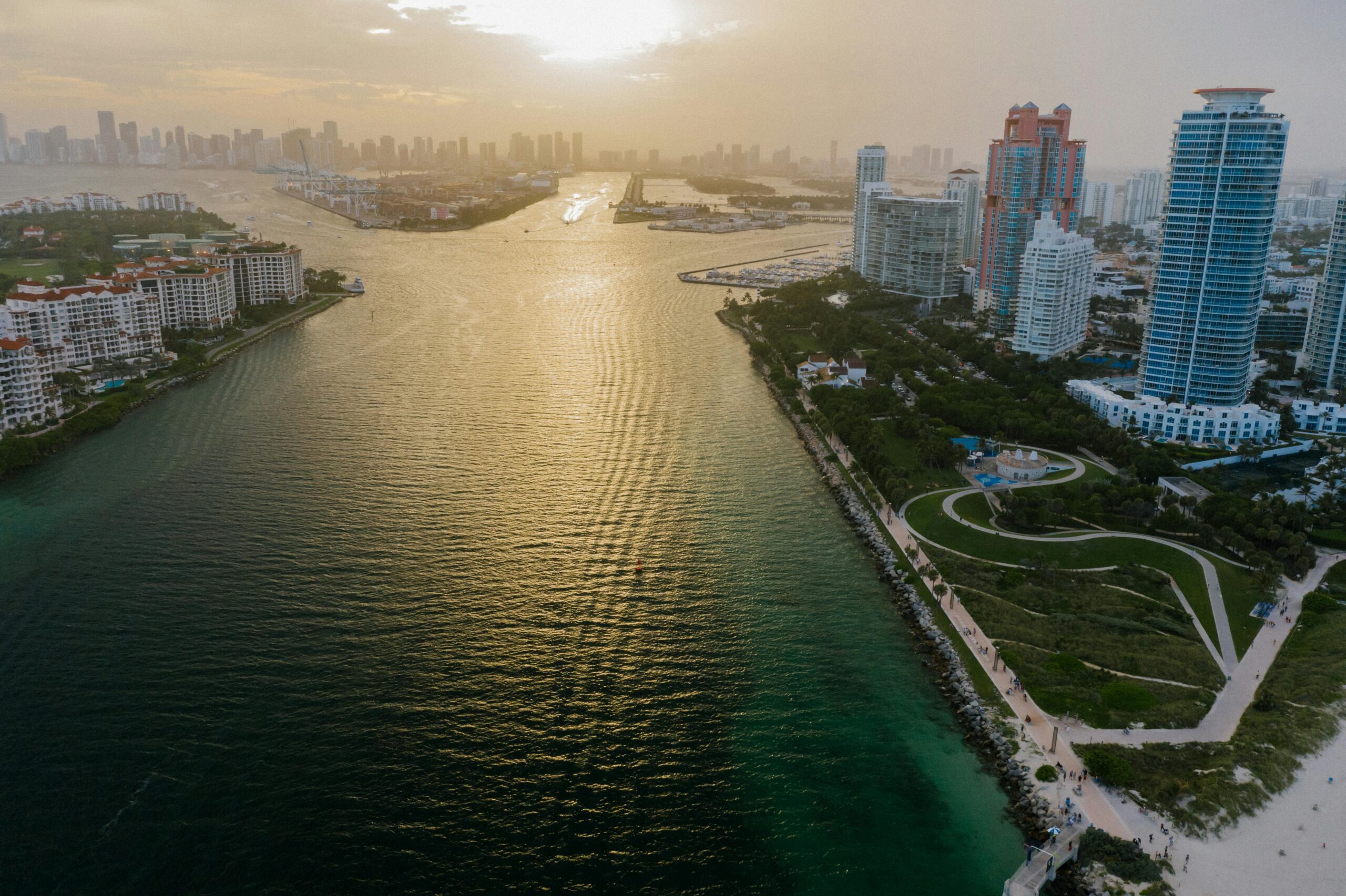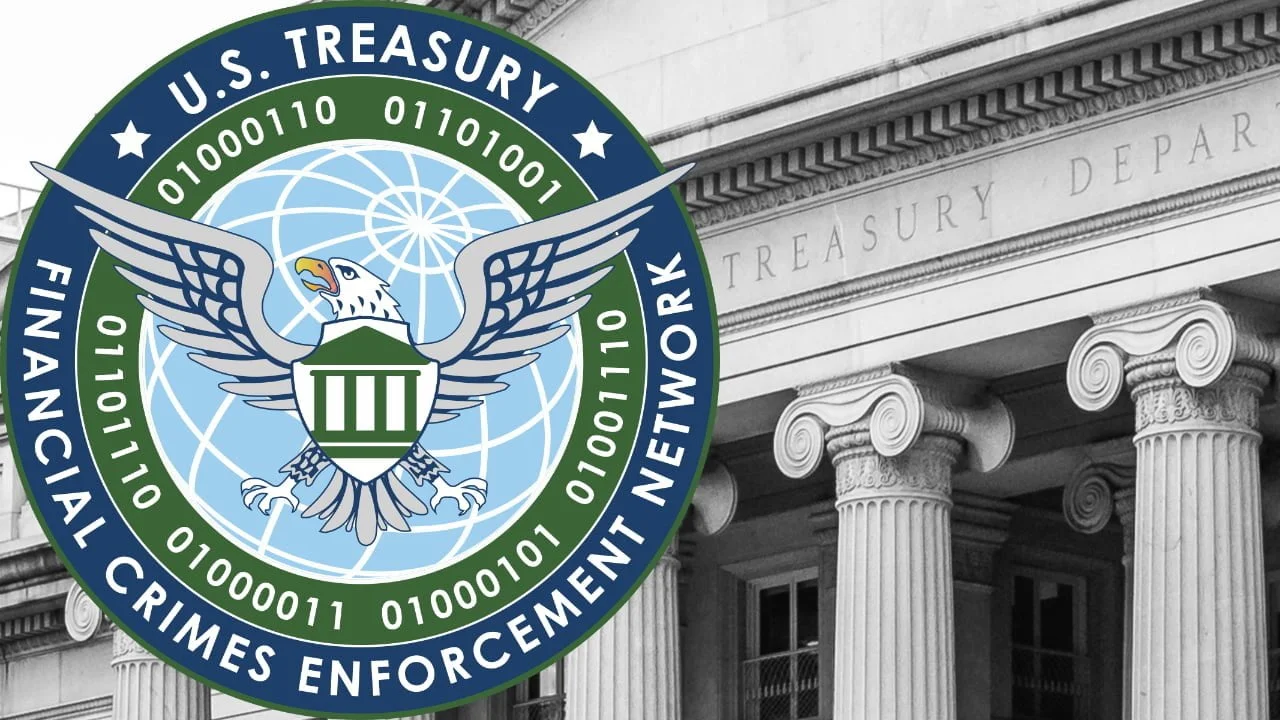Your Complete Guide to Florida FHA Loans and Lenders
Dreaming of one day owning a stunning beach house in sunny Florida? Well, you might be closer than you think to achieving that dream. For both current and potential Florida residents alike, choosing to go with an FHA loan can unlock the opportunity of owning your dream home.
Going with an FHA loan rather than a conventional loan can help you qualify with a lower credit score and less money down. On top of that, the FHA has minimum property standards, which means you’re more likely to avoid any large expenses caused by major repairs within the first year of owning the home. With FHA loans putting more money into homeowners’ pockets, it’s no surprise that the percentage of new home sales backed by FHA loans increased from 12.1% in the first quarter of 2023 to 14.0% in the second quarter.
In this article, we’ll be diving into what you need to know about Florida FHA loans – From the basics of what an FHA loan is to the specifics of what you need to qualify, and everything in between.
FHA Loans: What Are They?
Before diving into what an FHA loan is, let’s cover the basics of what the FHA is and its role in the mortgage industry. The FHA stands for the Federal Housing Administration, which is a government agency within the Department of Housing and Urban Development (HUD). The FHA plays an important role within the mortgage industry by making homeownership more accessible and affordable.
One of the main functions of the FHA includes offering the FHA loan program for first-time homebuyers and low-income individuals. The FHA loan program makes homeownership a possibility for those who might not otherwise qualify for a conventional loan. FHA loans are backed by Fannie Mae and Freddie Mac, making it easier for borrowers to qualify by reducing credit score and down payment requirements.
Despite having more lenient eligibility criteria for borrowers, the requirements for the property itself are more strict. These requirements are set by the FHA to protect both the lender and the borrower, ensuring that the property meets minimum standards.
FHA Loan Requirements: Down Payments, Credit Score, and More
Even though FHA loans are generally easier to qualify for if you have a lower credit score or income, there are still several requirements that need to be met, just like a conventional loan. While specific FHA loan requirements may vary depending on the lender, generally, you will need:
- FHA Credit Score Requirements: Most lenders require a credit score of at least 500 to qualify for an FHA loan. The FHA doesn’t enforce any minimum credit score requirements, so this number may be different from lender to lender.
- Florida FHA Down Payment Requirements: With an FHA loan, you could be eligible to put down as little as 3.5%. However, generally, lenders will only allow borrowers to put down 3.5% if their credit score is above 580. Borrowers with a credit score between 500-579 may need to put down up to 10%.
- Debt-to-Income (DTI) Ratio: Exact DTI requirements will vary depending on the lender, but generally, your total monthly debts (including the mortgage payment) shouldn’t exceed more than 50% of your gross monthly income.
- Property Standards: In an effort to protect both the lender and the borrower, the FHA has minimum property standards that have to be met. Additionally, the property must be your primary residence and if it’s a multi-unit property, you must be living in one of the units for a year before you can rent out the other units.
- Mortgage Insurance Premium (MIP): Regardless of how much you put down on an FHA loan, mortgage insurance is required for an FHA loan and is added as an upfront amount on the loan. Compared to a conventional loan, mortgage insurance is only required if you have less than 20% equity in the home.
- Loan Limits: The FHA has loan limits that are specific to each county. To avoid any disappointment, it’s recommended to do your research on loan limits prior to house shopping.
Keep in mind that some of these criteria are the minimum requirements that need to be met in order to qualify for an FHA loan. Despite qualifying, factors such as credit score may impact certain loan terms that lenders will offer.
Different Types of FHA Loans
Depending on your needs, there might be a different FHA loan type that might be more suitable for you:
- Basic Home Mortgages, FHA 203(b): This is the standard type of FHA loan. It’s government-backed to allow for down payments as low as 3.5% and more lenient credit requirements.
- Renovation/Rehab Loans, FHA 203(k): Allows borrowers to combine the purchase price of the property with an additional amount for repairs and renovations into one mortgage.
- FHA Streamline Refinances: Allows existing FHA borrowers to refinance with less documentation and underwriting requirements, which makes the refinancing process quicker and more cost-efficient.
- FHA Cash-Out Refinances: Allows existing FHA borrowers to unlock the equity in their home by refinancing to a larger mortgage and pocketing the equity as cash.
- Home Equity Conversion Mortgages (HECMs): HECMs are a government-backed reverse mortgage that allows seniors aged 62 or older to access a portion of their home equity as tax-free cash through monthly payments, a line of credit, or a lump sum until they move out or pass away.
- Manufactured Home Loans: Suitable for borrowers who choose to get a home manufactured in a factory that will be transported to a certain location.
- Energy Efficient Mortgages: Incentivizes homeowners to make energy-efficient upgrades to their homes by allowing them to incorporate the costs into their home loans.
- Good Neighbor Next Door Program: Offers homes at a 50% discount for eligible law enforcement officers, teachers, firefighters, and EMTs in revitalization areas.
FHA loans are also a great option for first-time homebuyers who are looking to start their homeownership journey. With government backing, FHA loans offer more lenient credit requirements and a lower down payment. In addition to that, FHA loans often have competitive interest rates and more flexible underwriting, making homeownership overall more accessible for those with less experience buying a home.
The Pros and Cons of FHA Loans
Pros:
- More lenient credit score requirements
- Lower down payment requirements
- More flexible debt-to-income (DTI) requirements
- Government-backed
- Competitive interest rates
- Refinancing options
- Home improvement loans
- Potential investment with a two- to four-unit property
Cons:
- Mandatory mortgage insurance premium (MIP)
- Lower loan limits compared to a conventional loan
- Stricter property requirements
- More limited choice for loan terms and products
FHA Loans vs. Conventional, VA, and Non-QM Mortgages
- FHA Loans vs. Conventional Loans
Generally, FHA loans have lower credit score, down payment, and DTI requirements in comparison to conventional loans. Below, we’ve outlined the main factors to compare the two.
| Factors | FHA Loans | Conventional Loans |
| Government-backed? | Yes | No |
| Loan limits? | Yes | No |
| Required property standards? | More strict | Basic standards |
| Credit score requirements | 500+ | 620+ |
| Down payment requirements | 3.5-10% | 5-20% |
| DTI requirements | 43% or lower | 36% or lower |
| PMI requirements | Mandatory | Only required if less than 20% equity in the home |
- FHA Loans vs. VA Loans
Overall, an FHA loan is accessible to a wider variety of borrowers compared to a VA loan. To be eligible for a VA loan, you must be a current, veteran, or reservist service member, spouse, or surviving spouse. Though both loans are government-backed, FHA loans are backed by the Federal Housing Administration, whereas VA loans are backed by the Department of Veterans Affairs. Below, we’ve outlined the main factors to compare the two.
| Factors | FHA Loans | VA Loans |
| Eligibility? | All qualified U.S. citizens or permanent residents | Current, veteran, or reservist service members, spouses, and surviving spouses who meet specific service requirements |
| Government-backed? | Yes | Yes |
| Loan limits? | Yes | No |
| Required property standards? | More strict | Basic standards |
| Credit score requirements | 500+ | Varies by lender, but typically 500-620+ |
| Down payment requirements | 3.5-10% | 0% for most eligible borrowers |
| DTI requirements | 43% or lower | 41% or lower |
| PMI requirements | Mandatory | Not required for most eligible borrowers |
- FHA Loans vs. Non-QM Loans
The main differences between an FHA loan and a non-QM loan are that an FHA loan is backed by the government and conforms to the standards set by Fannie Mae and Freddie Mac, whereas a non-QM loan isn’t government-backed and isn’t required to follow the same standards. Since lending criteria are set by individual lenders when it comes to non-QM loans, the qualifications are catered to borrowers with unique circumstances. Some examples of non-QM loans include:
- Debt-Service Coverage Ratio (DSCR) Loans: Allows borrowers to qualify for a loan based on the cash flow of a property rather than their own income. This type of loan is best suited for real estate investors who plan to generate income from their property.
- Bank Statement Loans: Allows borrowers to qualify for a mortgage with their bank statements rather than pay stubs, W2s, or tax returns. This type of loan is best suited for self-employed individuals who don’t have traditional income verification documents.
- Profit & Loss (P&L) Loans: Similarly to a bank statement loan, a P&L loan allows borrowers to qualify for a loan based on the profit & loss statements from their business. This type of loan is best suited for business owners who don’t have traditional income verification documents.
- Fix-and-Flip Loans: Allows property flippers to get a short-term loan quickly in order to fix a distressed property and sell it at a profit. This type of loan is best suited for real estate investors.
- Constructions Loans: Allows borrowers to borrow funds to build a home from the ground up with proceeds released in installments as the building progresses. This type of loan is best suited for anyone who is interested in having a home built from scratch.
FHA Loans for Multifamily and Rental Properties
If you were thinking of getting an FHA loan for a multifamily or rental property, keep in mind that the rules are a bit different than FHA loans for single-family properties. Since FHA loans are for owner-occupied properties, you have to be living in one of the units to qualify. Once you’ve been living at the property for one year, only then can you rent out the remaining units.
On the bright side, the more units the property has, the higher the FHA loan limit is. For example, a property with four units will have a higher loan limit than a property with two or three units. Additionally, the rent you plan to collect from prospective tenants can help you qualify for an FHA loan in certain situations.
The Top 5 Florida Cities for FHA Loans in 2024
- Palm Bay, Florida
Located on the east coast of Florida in Brevard County, Palm Bay is known for its proximity to both suburban life and nature. Having the Atlantic Ocean and the Indian River Lagoon close by makes Palm Bay a great place for homebuyers looking for the quintessential Florida experience.
- Cape Coral, Florida
On the opposite side of Florida, you’ll find Cape Coral on the edge of the Gulf of Mexico. The city’s intricate canal system allows for many waterfront homes and is a fantastic place to live for boaters and those who enjoy water activities.
- Tampa, Florida
A vibrant city on the Gulf Coast, Tampa is home to diverse neighborhoods and waterfront attractions. With a mix of bustling city life and sprawling beaches for relaxation, you really can get the best of both worlds in Tampa.
- Port St. Lucie, Florida
As one of the fastest-growing cities in Florida, Port St. Lucie gives residents the pleasure of being close to beaches, golf courses, and family-friendly activities.
- Orlando, Florida
Orlando is considered to be Florida’s playground with Disney World, Universal Studios, and SeaWorld right at your fingertips. On top of that, its central location and diverse culture only add to Orlando’s appeal.
The Top 5 Florida FHA Lenders of 2024
- New American Funding
Headquartered in Orange County, California, New American Funding is one of the largest privately-owned direct mortgage lenders in the country and is dedicated to helping families and individuals achieve the goal of homeownership. New American Funding is also committed to becoming a leader in lending to underserved communities and their initiatives have made them one of the top lenders to Hispanic and Black borrowers.
- Dash Home Loans
Dash Home Loans is a lender that’s dedicated to helping more people in the Southeastern United States get access to home financing. They’ve simplified and streamlined the home loan experience by removing the middleman and assigning each borrower a local mortgage coach.
- Defy Mortgage
Defy Mortgage is a non-bank lender with a simple, clear mission: to empower dreams, enrich lives, and elevate the mortgage experience for non-traditional borrowers, such as foreign nationals, real estate investors, business-owners, retirees, and more. An up-and-coming titan of the industry, Defy specializes in non-QM loans and is comprised of a team with over 100+ years of combined industry experience helping non-traditional borrowers obtain home financing.
- 1st Florida Mortgage
1st Florida Mortgage is a local Florida mortgage company that focuses on excellent customer service and flexibility in their underwriting process. Being a local Florida company, 1st Florida Mortgage can help educate borrowers on the best loan program for their situation and structure loans customized to each borrower’s needs.
- Seacoast Bank
Seacoast Bank is a Florida-based community bank that’s been around since the 1930s. They’ve since grown, and now service customers at over 75 branches all across the state of Florida. Not only do they offer lending services, but they also offer personal banking, business banking, commercial banking, and wealth management.
Florida FHA Loan Limits for 2024
With the average housing price in Florida (as of January 2024) being $392,922, it’s important to know Florida’s FHA loan limits to know if you can even use this loan type to buy the house that you want. It could be easy to go down the path of falling in love with a home but then realize after the fact that it exceeds the FHA loan limit.
Since different areas in Florida have varying socioeconomic factors that affect home values, the FHA loan limit will depend on which county you want to buy a home in. Counties that have higher populations, along with a higher demand for housing, will tend to have more expensive homes. When coming up with the loan limits for each county, the FHA takes these factors into consideration to ensure that the FHA loan program is still accessible even for those in higher cost-of-living areas.
| FHA Loan Limit | Counties |
| $498,257 | Alachua, Bay, Bradford, Brevard, Calhoun, Charlotte, Citrus, Columbia, Desoto, Dixie, Escambia, Flagler, Franklin, Gadsden, Gilchrist, Glades, Gulf, Hamilton, Hardee, Hendry, Hernando, Highlands, Hillsborough, Holmes, Indian River, Jackson, Jefferson, Lafayette, Lake, Lee, Leon, Levy, Liberty, Madison, Marion, Okeechobee, Orange, Osceola, Pasco, Pinellas, Polk, Putnam, Santa Rosa, Seminole, Sumter, Suwannee, Taylor, Union, Volusia, Wakulla, Washington |
| $546,250 | Martin, St, Lucie |
| $547,400 | Manatee, Sarasota |
| $564,650 | Baker, Clay, Duval, Nassau, St. Johns |
| $621,000 | Broward, Miami-Dade, Palm Beach |
| $603,750 | Okaloosa, Walton |
| $730,250 | Collier |
| $929,200 | Monroe |
Florida FHA Loan FAQs:
What are the requirements for FHA loans?
Specific FHA loan requirements will vary between lenders. Generally, applicants need a steady income, a minimum credit score of 500, a down payment of at least 3.5% (or 10% with a credit score between 500-579), a DTI ratio of 43% or less, and for the home to be your primary residence.
What are the credit score requirements for FHA loans?
A credit score of at least 500 is required to qualify for an FHA loan.
Can first-time home buyers get FHA loans?
Yes! First-time home buyers can get FHA loans.
How do FHA loans work?
FHA loans are government-backed through the Federal Housing Administration. Since they are backed by the government, it makes homeownership more accessible by allowing lower credit score and down payment requirements.
Are FHA loans hard to get?
Generally, FHA loans are easier to get compared to conventional loans because of the more lenient credit score and down payment requirements. However, approval is still subject to each individual’s financial standing.
Are FHA loans assumable?
Yes, FHA loans are assumable with lender approval.
Can FHA loans be used for new construction?
Yes! FHA loans can be used for new construction. The two types of FHA loans that would be eligible for new construction are FHA Construction-to-Permanent loans and FHA 203(k) loans.
What is the difference between a conventional loan vs. an FHA loan?
The main difference between a conventional loan and an FHA loan is that an FHA loan is government-backed and a conventional loan is not. This means that conventional loans typically require higher credit score and down payment requirements.
Can you get an FHA loan with no down payment?
No, you cannot get an FHA loan with no down payment. A minimum down payment of 3.5% is still required.
Do FHA loans require PMI?
Yes, FHA loans require mortgage insurance premiums (MIP), which is similar to private mortgage insurance (PMI) on conventional loans.
What is an FHA MIP (Mortgage Insurance Premium)?
Mortgage insurance premiums (MIP) on FHA loans are upfront and ongoing premiums that are paid by the borrower to protect the lender in case the borrower defaults on the mortgage.
Are there down payment assistance programs for FHA loans?
Yes! There are down payment assistance programs for FHA loans. These programs usually vary by location and are offered by government agencies, non-profits, and other organizations.
Can you get an FHA loan with a 500 credit score?
Yes, it’s possible to get an FHA loan with a 500 credit score but be prepared to put down 10% of the purchase price rather than 3.5%.
Can you get an FHA loan for a mobile home?
Yes! You can get an FHA loan for a mobile home as long as it’s permanently attached to a foundation.
Can you get an FHA loan to buy land?
You can get an FHA loan to buy land as long as it comes with construction plans. The land and construction costs can be financed all together under one FHA loan. However, you cannot get an FHA loan if you want to purchase only the land.
Can you get an FHA loan to build a house?
Yes! FHA loans can be used to build a house. The two types of FHA loans that could be used to build a house are FHA Construction-to-Permanent loans and FHA 203(k) loans.
What is the difference between FHA loans and USDA loans?
While both FHA and USDA loans are backed by the government, they have different eligibility requirements. USDA loans have both location and income limitations, whereas FHA loans don’t.
What is the difference between FHA loans and VA loans?
FHA and VA loans are both government-backed but have different requirements for eligibility. VA loans are only available to active duty military, veterans, and their eligible spouses, whereas FHA loans are available to a broader range of borrowers, including civilians.
Does Bank of America offer FHA loans?
Yes! Bank of America offers FHA loans.
Does Chase Bank offer FHA loans?
Yes! Chase Bank offers FHA loans.
Are FHA loans available for condos?
Yes! FHA loans are available for condos, however, the condo needs to be FHA-approved.
What is the required debt-to-income (DTI) ratio for FHA loans?
The required debt-to-income (DTI) ratio for FHA loans is typically no more than 43%.








